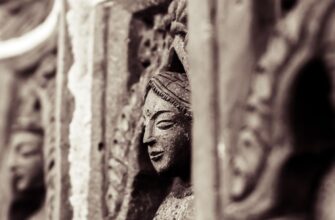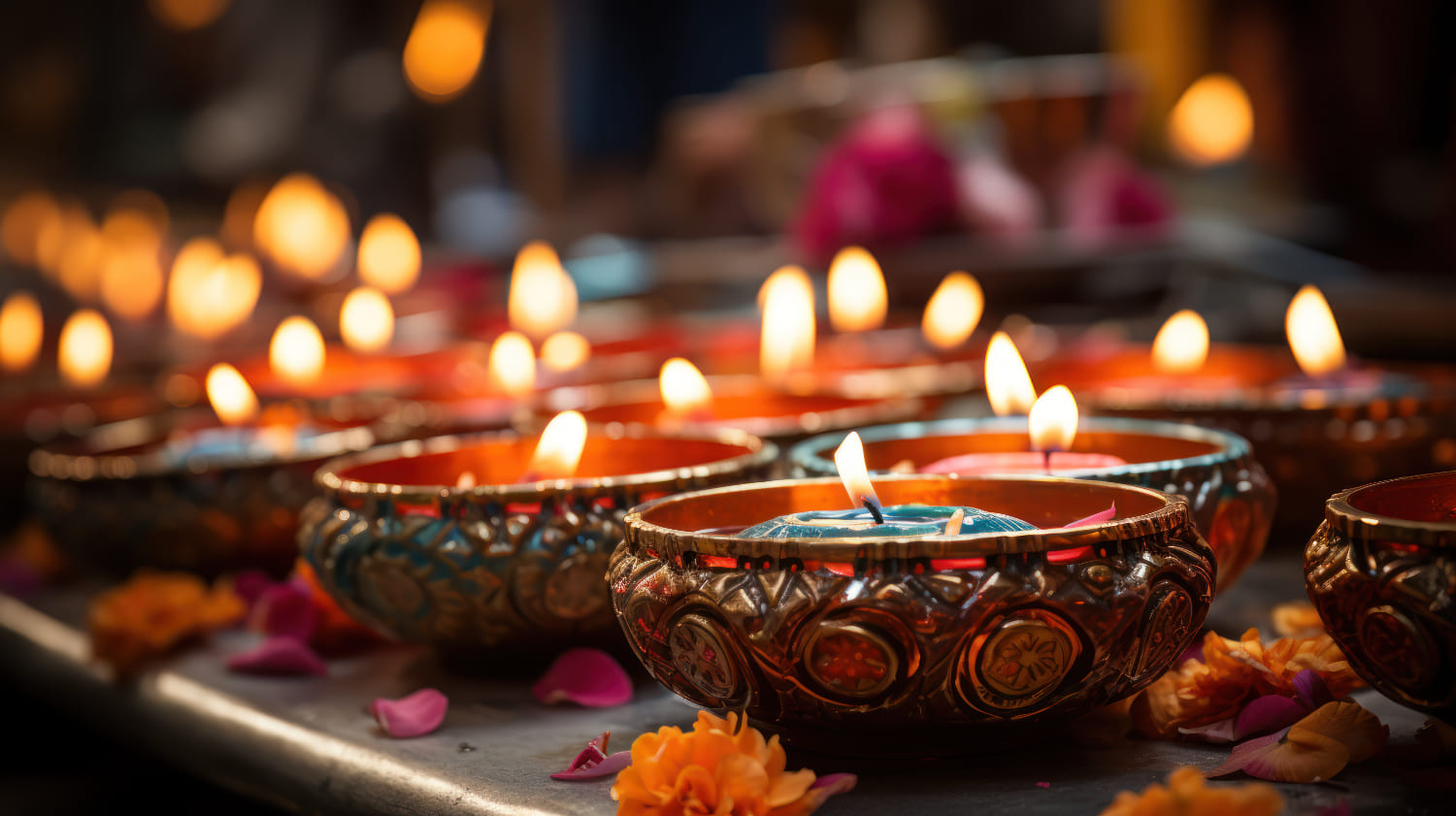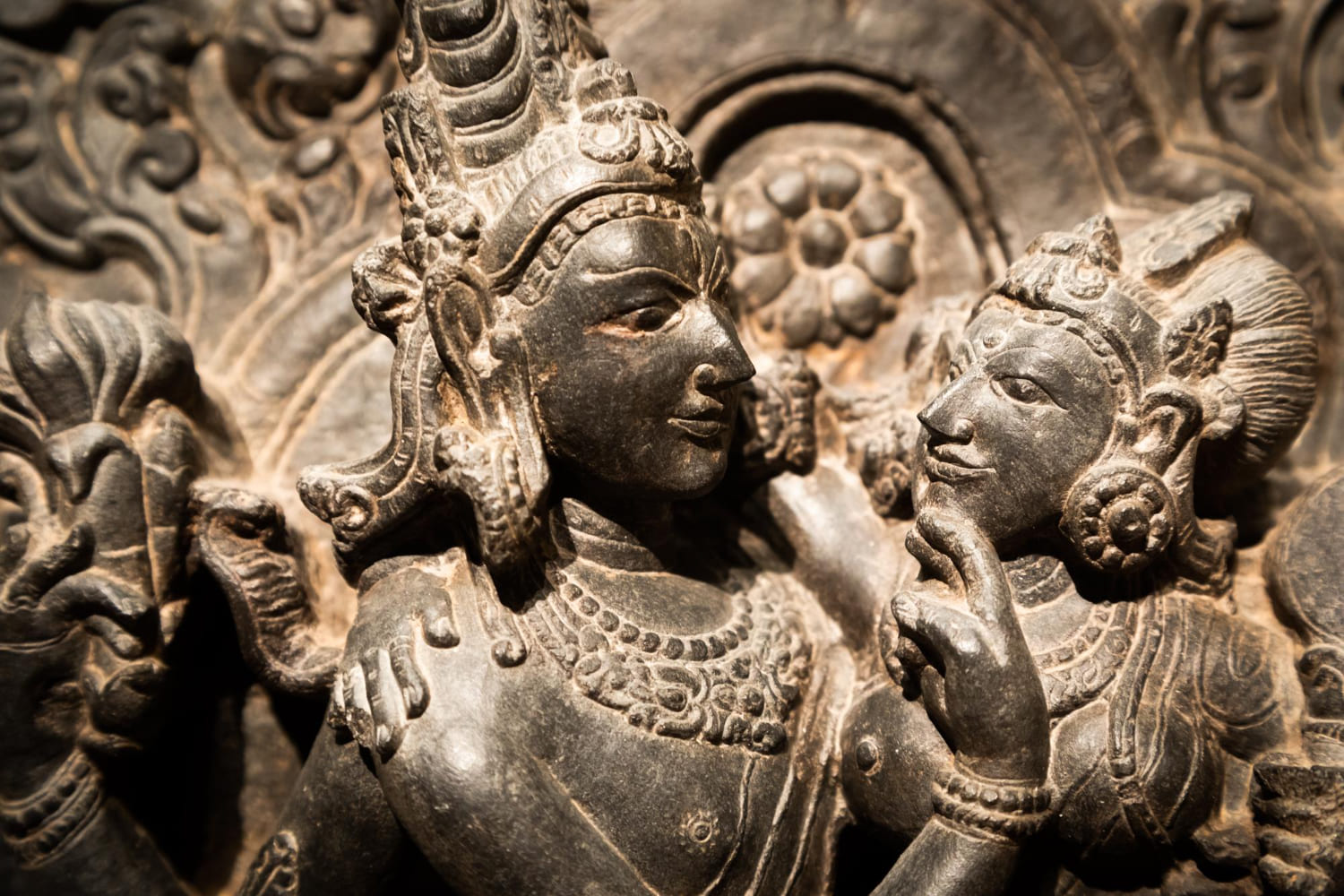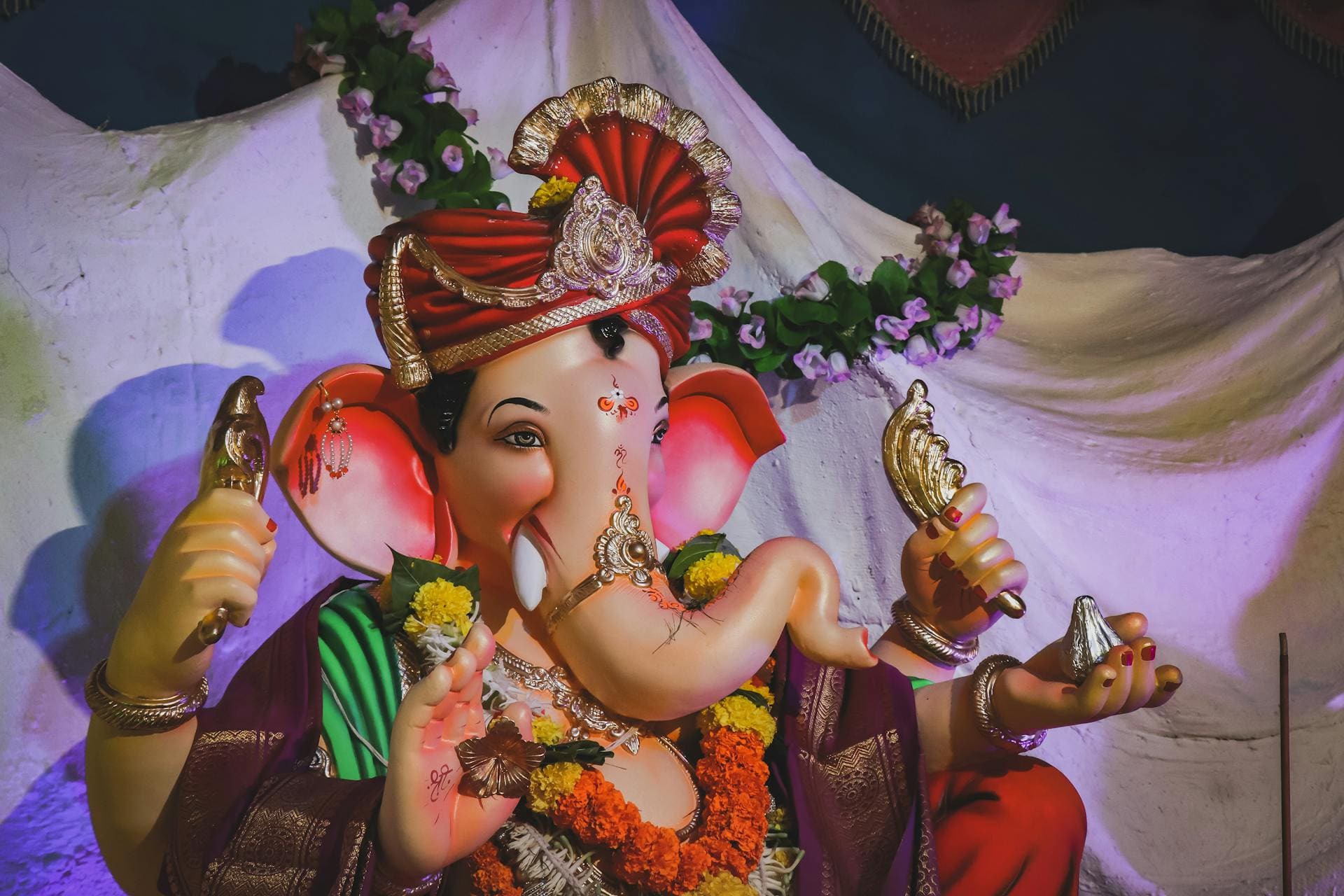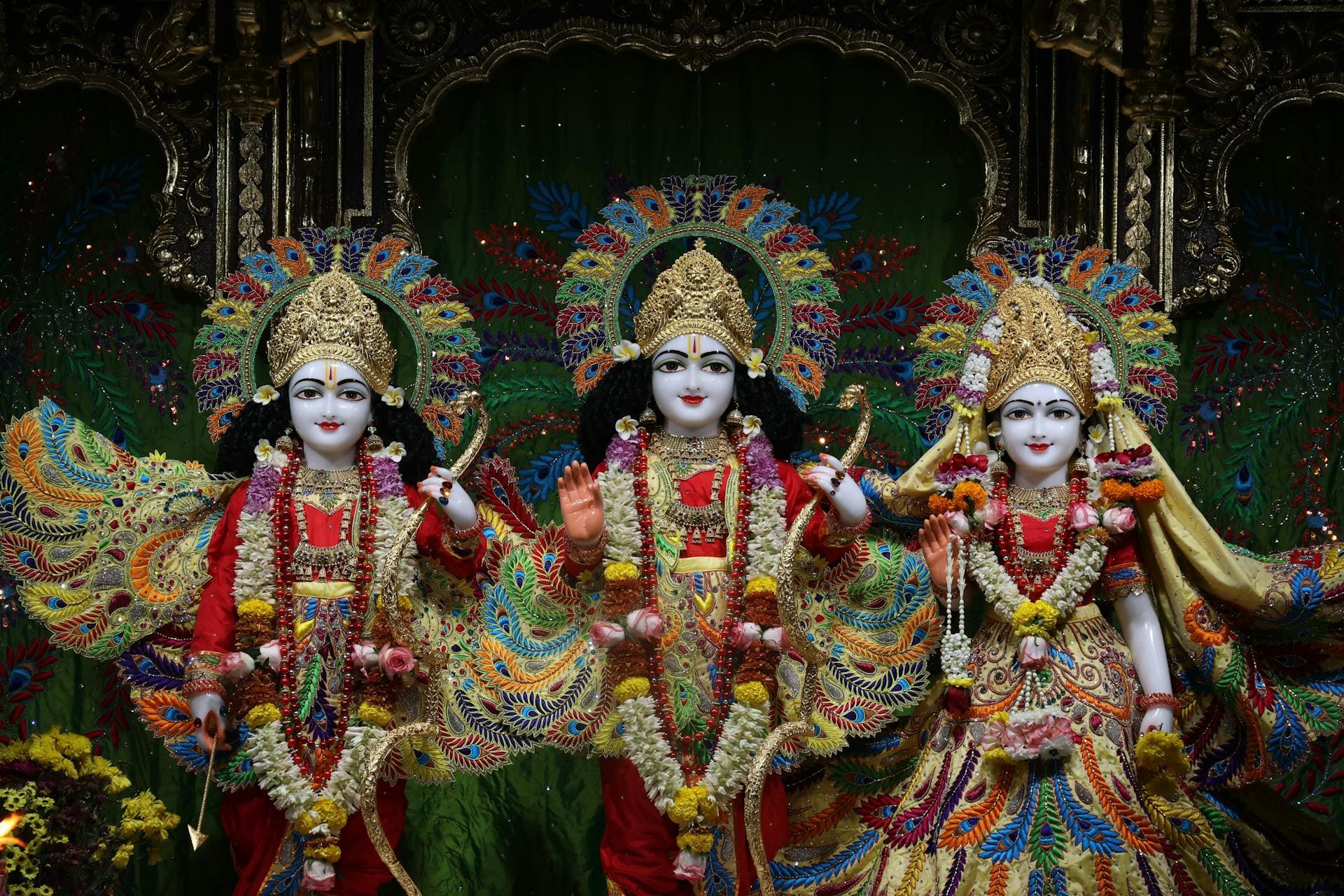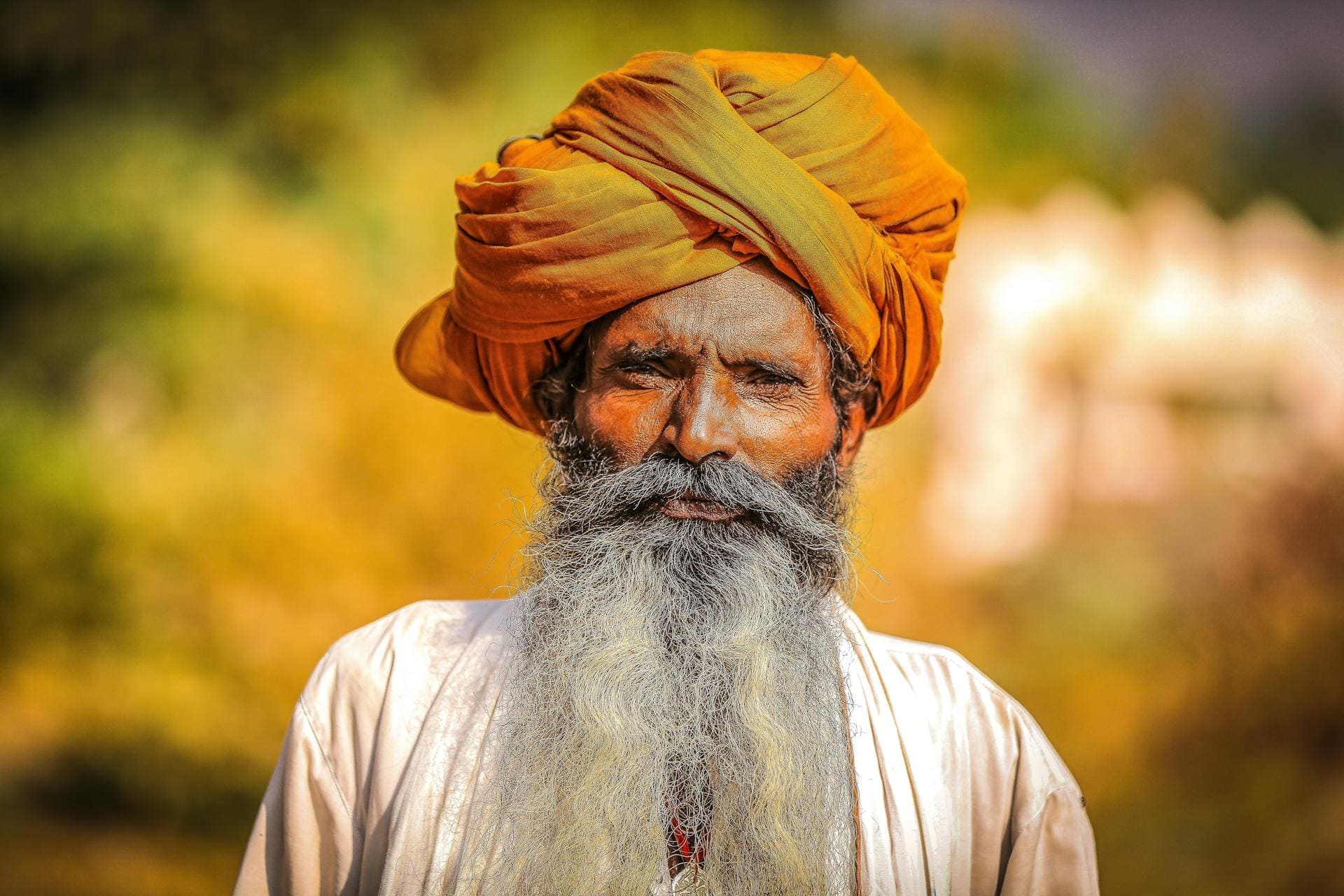Diet is a huge part of any culture, and it can be really important to different religions as well. You may have heard that many people of certain faiths avoid eating meat, but are Hindus vegetarian?
The Hindu religion promotes a vegetarian diet and many people who follow the faith do not eat meat. Vegetarianism is not, however, a requirement for Hindus – it is more of a dietary ideal.
Read ahead to find out the truth about a typical Hindu diet and understand how and why vegetarianism is promoted in the religion.
What Does Hindu Scripture Say About Eating Meat?
Vegetarianism for Hindus is not a strict rule, and it is not explicitly important in a religious sense. It is, however, a respected and idealised diet, and Hindu scripture speaks about vegetarianism in multiple texts.
- The Vedas: The Vedas suggest that Vedic people did sacrifice and eat animals including bulls, horses, rams, and goats. It is possible, though, that meat was only eaten as part of ritual sacrifices at this time. Two specific texts, (the Shatapatha Brahmana and the Chāndogya Upaniṣad) both have statements against the eating of meat.
- Dharmaśāstras: Within these texts, it is suggested that food should be greeted and honored before eating, and that it should also be offered to the gods and respected. Some more extreme sects at this time, such as the mendicants and the forest hermits, would avoid being involved in the process of procuring and preparing food as it was seen as violent.
- Manusmriti: In this text, meat-eating is strongly discouraged as it can only be obtained through “causing injury to living beings”, however it also states that one can eat meat in times of adversity.
- Mahabharata: Through these texts, the idea of glorifying non-violence towards animals became even more significant. There are three chapters entirely dedicated to the evils of meat-eating.
- Tirukkuṛaḷ: This text also criticizes a non-vegetarian diet, and speaks of the importance of eating foods that are agreeable to your body.
- Puranas: In the puranic texts, violence against animals is fiercely opposed.
Although these references do promote vegetarianism, Hinduism does not completely condemn the eating of meat. It is generally viewed within the religion as an ideal diet and a very moral way to live, but meat-eating is not forbidden.
Are Most Hindus Vegetarian?
It may seem surprising to some, but a survey conducted by the Pew Research Center found that only 44% of Hindus state that they are vegetarian.
In comparison to the rest of the world, Hindus are more likely to be vegetarian than many other faiths, and India (a majority Hindu country) has the highest percentage of vegetarians of any nation in the world.
Around 30% of India’s population is vegetarian, with the next most vegetarian countries having just 13-14%(Switzerland, Taiwan, and Israel).
What Foods Are Forbidden In Hinduism?
There aren’t any particular foods that are expressly forbidden for Hindus, but many do avoid eating certain things as part of their faith.
A lot of Hindus consider vegetarianism to be purifying to the mind and body and will avoid eating meat in order to minimize the harm caused to other life forms. Even though most Hindus do consume some meat, they tend to eat it sparingly and thoughtfully.
Cows are highly respected within the faith as symbols of benevolence, divinity, and motherhood, so many Hindus will not eat beef at any time.
Some Hindus refrain from eating other foods as well. Some will not eat onions and garlic during Chaturmas, and a number of families in Maharashtra don’t eat eggplant.
Veganism, however, is not particularly promoted within Hinduism and most Hindus will eat animal products. Many Hindus follow a lacto-vegetarian diet, which includes milk-based foods but excludes meat and eggs.
Summary
So, are Hindus vegetarian? While many Hindus do avoid eating meat in order to minimize the harm that they cause to other living beings, Hindus are not all vegetarian.
There are a number of references to the evils of meat-eating within Hindu texts but vegetarianism is generally considered to be an ideal diet and a moral choice for followers of the religion, not a necessity.
Around 44% of Hindus state that they are completely vegetarian and India (whose population is 80% Hindu) has the lowest rate of meat consumption in the world.
